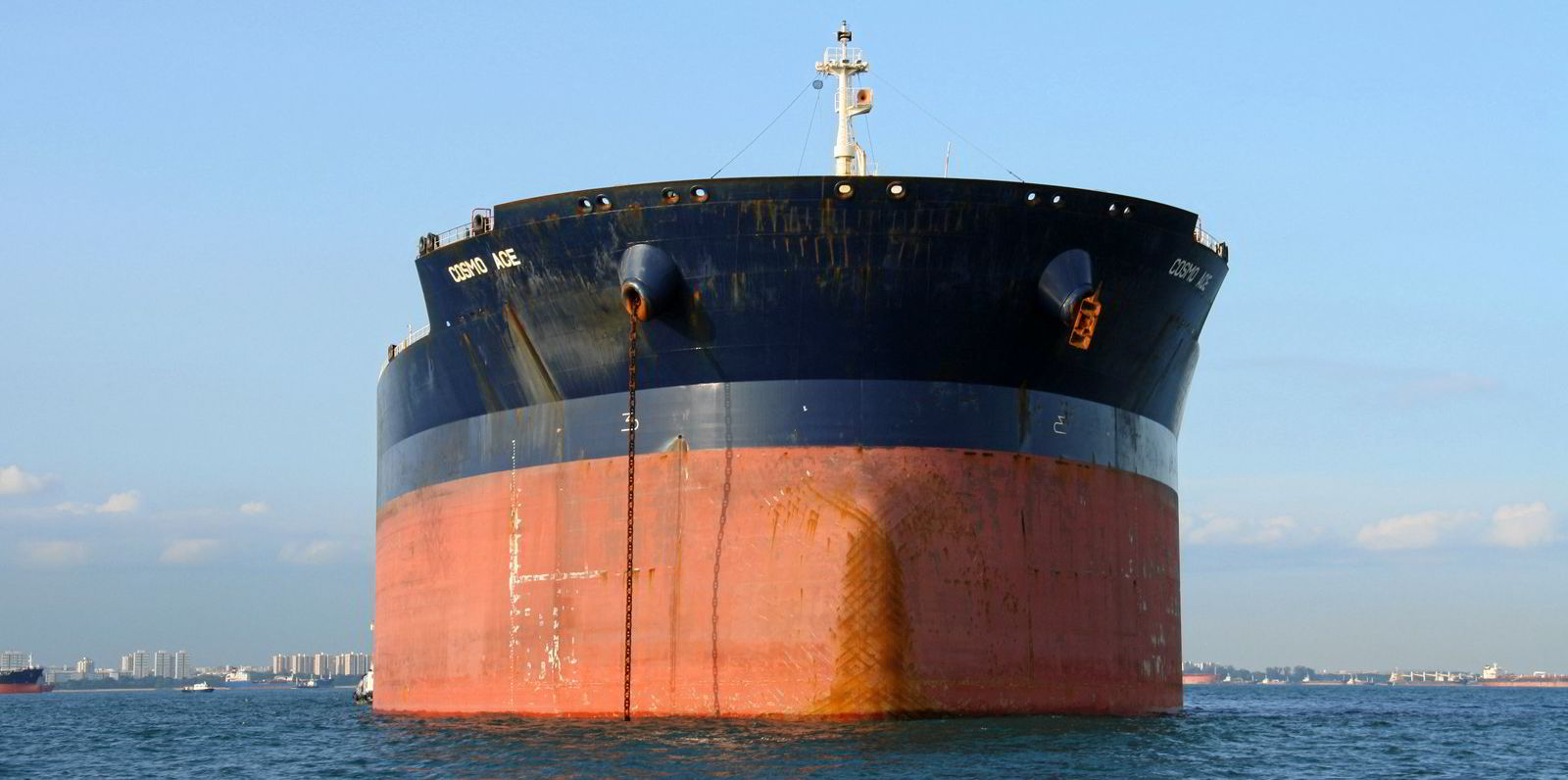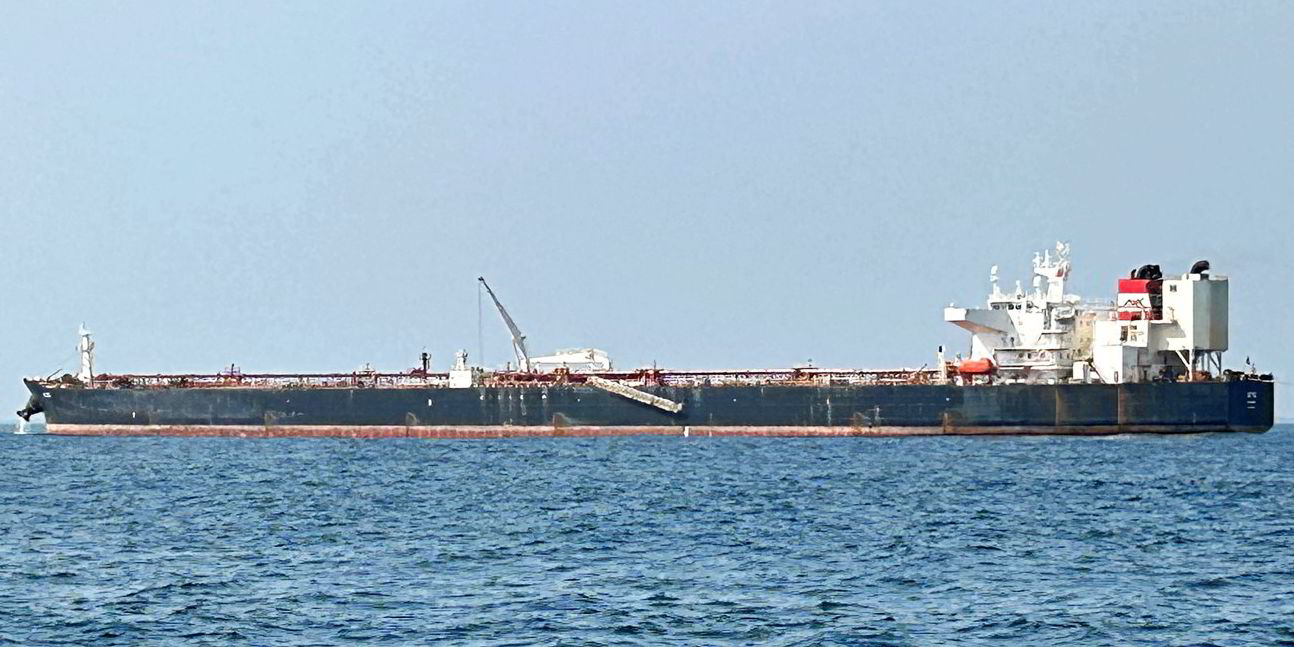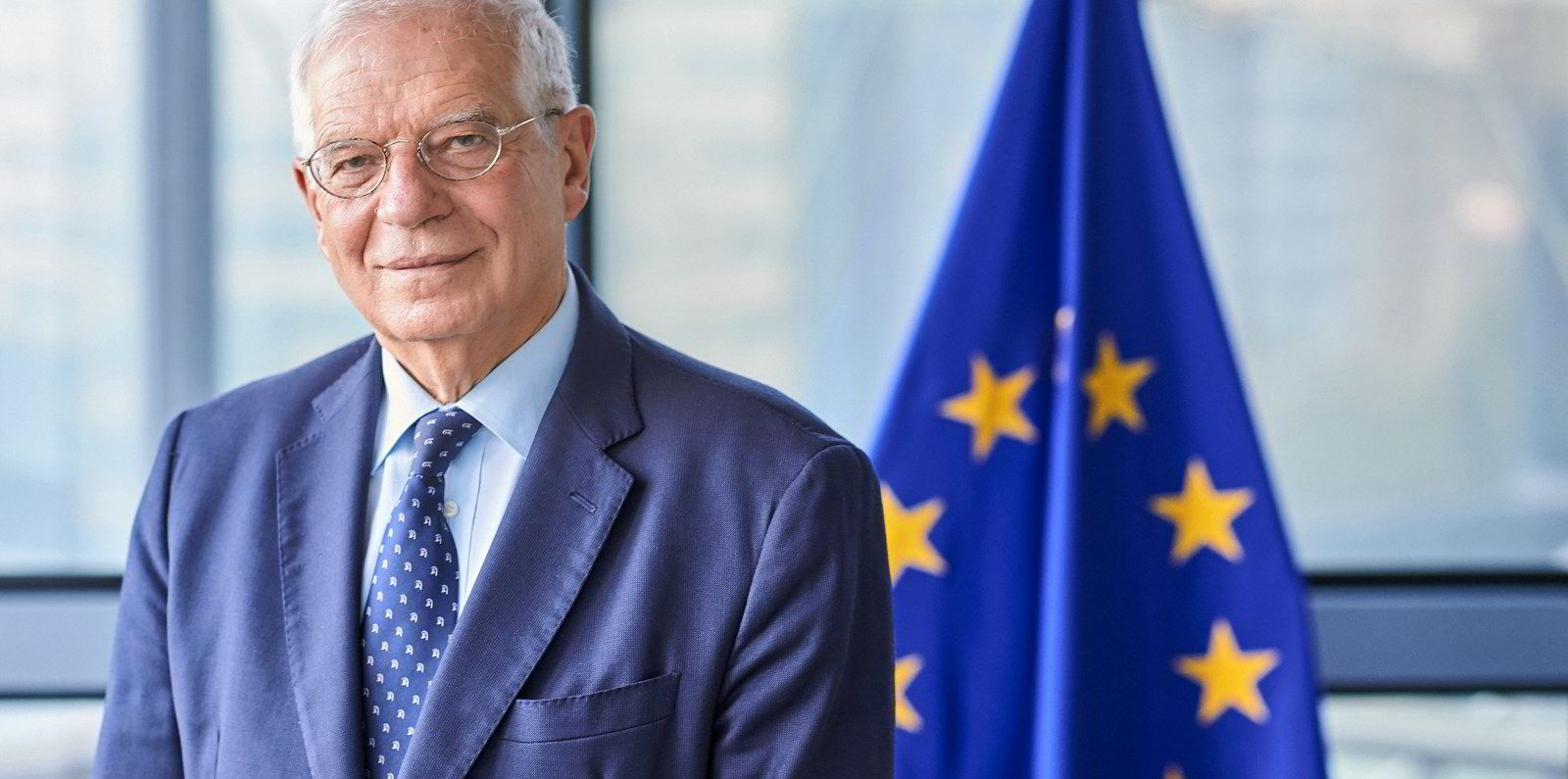The sale and purchase party may be nearing an end for owners of older crude tankers, UK shipbroker Gibsons believes.
The London shop said secondhand prices have been mixed over 2023, with modern ships generally seeing values rise by between 5% and 15%.
But veteran vessels have experienced a fall after some steep rises earlier.
This is “perhaps a sign that Russia has sourced adequate tankers,” Gibsons said.
Russian-linked entities have been buying up older tonnage to ensure oil exports can keep flowing despite Western sanctions.
Tanker saturation for the Russian trade would mean that European Union (EU) efforts to curb such vessel sales have come too late.
As TradeWinds reported, the 12th sanctions package against Russia unveiled by the EU on 18 December introduces notification and authorisation requirements for tanker sales by EU nationals and companies.
At least some of these requirements also apply retroactively to deals concluded since December 2022.
Some observers express concerns that the EU measures could slow down secondhand transactions.
“This may be an obstacle for tanker S&P and affect the volume of units changing hands,” one market source said on condition of anonymity — adding, however, that the EU clauses seem too vaguely phrased for a conclusive assessment.
According to Gibsons, another factor that may be weighing on trading opportunities for vintage tankers is sanctions relief in Venezuela.
The broker notes that, unsurprisingly, with all asset classes making substantial profits and a strong secondhand market, scrapping has been extremely limited so far.
Just 17 tankers of more than 25,000 dwt have been torched this year, mostly in the MR and handysize category.
Newbuilding orders this year have meanwhile reached levels not seen in eight years, with owners contracting 291 of 25,000 dwt and up, Gibsons said.
This is despite newbuilding prices gaining between 5% and 8% through 2023.
Gibsons called 2023 a year of turmoil, but not to the extent seen in 2022.
Owners making money
Despite any fall in vintage tanker values, however, owners prescient enough to have acquired them during a market trough before the Ukraine war are still making huge profits from flipping them.
TradeWinds reported earlier this month how Greece’s Stalwart Management was believed to have sold the 106,100-dwt aframax S-Treasure (built 2005) for $32m.
Greek brokers are now reporting that the Dimitris Souravlas-led company has repeated the trick by selling sistership S-Trust at the same time. Stalwart had bought the pair two years ago for just about $14.5m each.
Another company benefitting from high prices to push fleet renewal is Arcadia Shipmanagement, which is reported to have sold the 115,800-dwt Aegean Power (built 2007) for between $40m and $42m.
The Angelopoulos brothers-led company offloaded its oldest aframax last month, the 115,800-dwt Aegean Myth (built 2006), for about $37.5m.
Such tanker values are underpinned by “robust” earnings for all tanker sectors owing to strong demand growth, tight supply and ongoing trading inefficiencies caused by geopolitical and climate-related events, the company said.
By the summer, the Panama Canal started to become increasingly problematic for the products trade from the US Gulf to the west coast of South America.
“Transit restrictions, record high auction prices and the associated delays have continued to impact arbitrage, trade flows and tonnage supply, with disruption expected to last well into next year,” the London shop said.
The war in Gaza from October has had a limited impact on freight rates so far, Gibsons added.
November saw perhaps the “tensest” Opec+ meeting of the year, the broker argued.
Output cuts were rolled over and deepened for the start of 2024.
But oil prices still fell.
“Overall, 2023 has been another exceptional year for tanker owners with strong earnings across the board,” the broker concluded.
“2024 looks set to be another strong year owing to supportive supply and demand fundamentals. However, with an uncertain economic outlook and a plethora of geopolitical risk, this outlook is far from guaranteed,” it added.





